Domestic Violence: Bloomington North Students Share Their Experiences
*names have been changed for the purpose of anonymity and student safety
Current North sophomore Kristen Perry* was just a freshman when she first experienced the horrors of teen dating violence.
“He wanted to be in charge,” she said. “He had anger problems and just didn’t think when he was angry. Just little things. Spilling something or something simple would just make him lash out.”
However, Perry didn’t recognize that she had been the victim of something serious until after her boyfriend broke up with her.
“After the relationship, it made me feel kind of dumb that I didn’t recognize it,” she said.
Perry is not alone in this. Many victims of dating violence are unaware of the fact that they are in an abusive relationship, or at least unaware of the severity of it.
Students like Perry don’t always register the fact that a constantly angry boyfriend or girlfriend isn’t normal, especially when it’s a first relationship.
“It was my first relationship, and he was angry all the time,” Perry said, referring to seeing other people in relationships. “I [thought] why aren’t they angry?”
Some schools provide education on the topics of teen dating violence and sexual abuse, but it is rarely extensive. With so many other important topics to talk about, abuse is almost never at the top of the list.
Perry says that she learned about teen dating violence some from school, especially when guests from Middleway House came into to talk to the North health class. After the fact, Perry also said that her mom talked to her about the relationship.
Despite education from parents and teachers, the hazy cloud of confusion, guilt, and ignorance that surrounds domestic violence and rape has not faded, nor will it anytime soon.
For whatever reason, people continue to feel uncomfortable discussing the victimization of someone they know, which does not help. This may just be because they are misinformed (or not informed at all), or because they don’t know where to begin helping someone who has gone through something they have no experience with.
Something as serious as relationship abuse is not an experience that many can even begin to imagine.
There is also a great sense of guilt that is held by many victims of abuse. Many victims feel like it is somehow their fault that they have been subjected to their partner’s rage. Some people think that if they had done something differently, or more sufficiently please their partner, then their relationship would have been more successful.
Although it is never the victim’s fault, feelings of guilt are often legitimized by uneducated peers, adults, and media.
Luckily, Perry was able to get out of her abusive relationship and seek comfort in supportive family and friends. However, not everyone is so lucky.
Fellow North sophomore Kenzie Brown* has been dealing with abuse since she was a baby. Brown’s parents got together in high school, when her mom was 17. They stayed together, and her mom got pregnant with Brown when her mother was just 19 years old.
Brown said that the abuse didn’t start until she was around one or two, after her parents had already been together for four years. Still, her mother was only about 22 or 23 at the time when Brown’s father started beating her mother.
“He would beat her to the point where she would be knocked out, lying on the ground, and she wouldn’t be conscious or anything,” Brown said. “I’d have to shake her and wake her back up.”
Brown says that the abuse got so bad that when she was three years old, her father kicked her mom in the stomach when she was six months pregnant with Brown’s sister.
“I know they say all that stuff about, you know, a girl could hit in the stomach by a car and the baby would be fine, but he kicked her in the stomach [with steel toed boots on],” she said. “I lost my sister at three years old because my dad kicked my mom in the stomach.”
Brown said that at the time, she didn’t particularly understand what was happening, but she knew that it wasn’t ok. Her father would also abuse her verbally, and sometimes it would escalate to physical violence.
“As a kid I knew it wasn’t ok, and every morning my dad would apologize and say he’d never do it again,” Brown said. “He’d be crying, he’d make it look real sincere and everything. It’s caused a lot of PTSD further on in my life.”
Even though both her and her mother knew it was wrong, they didn’t tell anyone about the abuse for a long time.
Although Brown has never experienced abuse in her own relationship, her family has gone through a vicious cycle of abuse. During Brown’s childhood, her grandma lived in the upstairs portion of her house. Her grandmother was abused, as well, by Brown’s paternal grandfather.
“She lived upstairs, and I feel like she just turned her head a lot because it was her son and she didn’t want to believe that her son was what his dad was,” she said.
Despite her family’s history, Brown has become educated and aware when it comes to domestic violence. After her parents separated, her mother took her and her siblings to Middle Way House to find refuge. Here, she became more aware and educated.
Brown has also learned about dating and domestic violence in school, although she believes that teens are not nearly as educated in school about these topics as they should be.
“Everybody should just be taught that we are all equal and that we are not anybody else’s property,” she said.
Within her own relationship, Brown tries to stay aware of abuse as well. She is not, or ever has been in an abusive relationship, and she hopes to keep it that way.
“We had an argument and [my boyfriend] made this face,” Brown said, “It was the same face my dad would make before he hit my mom […] I told him if he ever looked at me like that again, or made that face ever again, then it was over.”
As for what she wants any other victims of teen dating violence or domestic violence, Brown is adamant about the fact that abuse is never the victim’s fault, especially when it comes to rape.
“They are worth so much more and nobody should be able to tear them down that way,” she said. “You don’t deserve that. You’re not an animal, you’re not a punching bag, you’re not something for someone just to release their anger out on. You are stronger than this, and you can get away from it.”
TEEN DATING VIOLENCE
Teen dating violence is defined as the physical, sexual, psychological, or emotional violence within a dating relationship, including stalking. It can occur in person or electronically and might occur between a current or former dating partner. Although equally important and just as harmful, dating violence does not apply to physical or sexual violence among casual acquaintances.
STATISTICS
- Roughly 25% of 14-17 year olds know at least one person who has suffered from the detrimental consequences of emotional, sexual, or physical abuse. Although many don’t realize it, teen dating violence is a big issue among high school students across the country.
- Not only is dating violence a major issue, but sexual assault levels among teens are higher than any other group of people. 58% of rape victims are raped between the ages of 12 and 24.
- On average, 1 out of every 5 teenage girls, or about 21%, report being the victim of dating violence each year.
- Teens who suffer from parental violence during childhood are more likely to report dating violence within their relationships. It is generally accepted that teens who suffer from dating violence are more likely to be re-victimized later on; teen dating violence is thought to be somewhat of a precursor for more (and possibly more serious) domestic violence in adulthood.
- Teens who have been abused by a partner are more likely to experience suicidal urges, suffer from depression, and abuse drugs and alcohol.
VIOLENCE AGAINST MEN
- While fewer men and boys experience domestic and sexual violence, 1 out of every 10 men have been the victim of rape or sexual assault.
- 1 in 7 men report being seriously physically abused by a partner.
VIOLENCE AMONG LGBTQ+ YOUTH
- Teen dating violence is less recognized but more commonly found among the LGBTQ+ community.
- While a total of 29% of heterosexual teens report being abused by a partner, a shocking 42.8% of LGBTQ+ youth reported the same.
- Teens who suffer from parental violence during childhood are more likely to report dating violence within their relationships. It is generally accepted that teens who suffer from dating violence are more likely to be re-victimized later on; teen dating violence is thought to be somewhat of a precursor for more (and possibly more serious) domestic violence in adulthood.
- Teens who have been abused by a partner are more likely to experience suicidal urges, suffer from depression, and abuse drugs and alcohol.
ELECTRONIC DATING VIOLENCE & ABUSE
- Electronic Dating Violence, which is related to cyberbullying, is very real and very dangerous.
- Possessive and jealous monitoring of someone else’s location, text messages, calls, and social media interaction is not just overprotective, but dangerous and destructive behavior. Such monitoring can result in a victim being cut off from friends, family, and any support or help.
- Electronic abuse can also come in the form of blackmail or fear mongering; cell phone content such as photos, videos, or audio recordings can be used against a victim. In many instances, this comes in the form of revealing or nude pictures, or photos of illegal activity such as drinking or doing drugs. Textual evidence, such as text messages, can also be used.
CAMPAIGNS & RESOURCES
- 1 is 2 Many: Campaign started by Vice President Joe Biden to inform and to stop the epidemic of sexual violence against girls and women. https://www.whitehouse.gov/1is2many
- A Thin Line: MTV outreach campaign focusing on informing teens how to notice and stop the spread of online abuse. http://www.athinline.org/
- Northwest Network: online a network of LGBTQ+ survivors that focuses on safety, support, and empowerment. http://www.nwnetwork.org/
- Love is Respect: a website focusing on healthy relationships, offers quizzes to help you figure out if you are a good partner, if you are actually in a healthy relationship, and what you can do to help others. http://www.loveisrespect.org/, speak to a peer advocate by calling 1-866-331-9474, text* loveis (capitalization does not matter) to 22522
- National Domestic Violence Hotline: If in need of help, call this 24 hour hotline for support and someone to talk to. 1-800-799-7233, http://www.thehotline.org/
- Middle Way House: In Bloomington, the Middle Way House provides numerous services (specifically pertaining to domestic violence) to men, women, teens, families and LGBTQ+, prostituted or trafficked, and disabled persons, among others. They provide a 24-hour emergency hotline, emergency shelter and transitional housing, human trafficking and sexual assault services, prevention education, and legal advocacy. (812) 333-7404 (Adm.), (812) 336-0846 (24-hr Crisis Line)
- There are also other local groups and organizations, such as the Shalom Community Center, Blackstreet Missions, and the Protective Order Assistance Partnership that offer domestic violence services to teens, adults, and children.


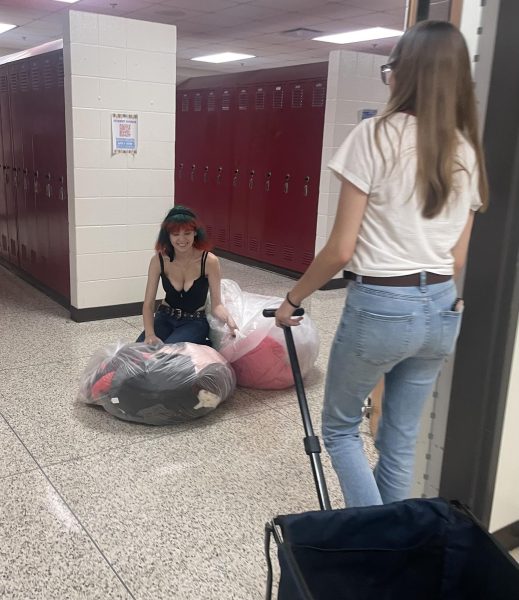

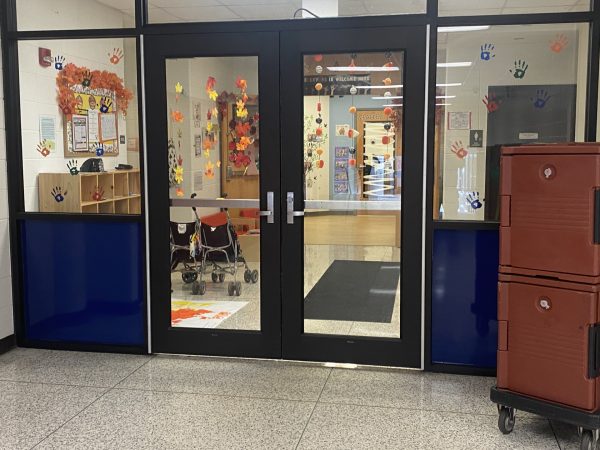
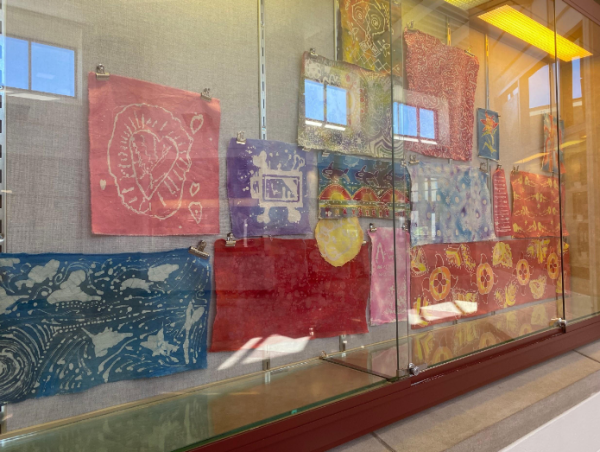

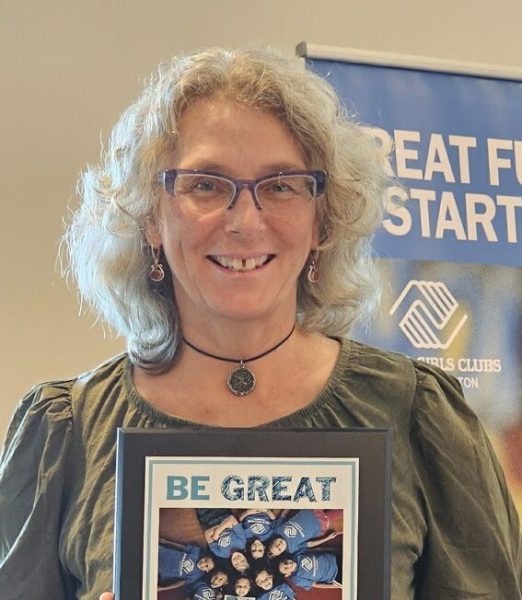
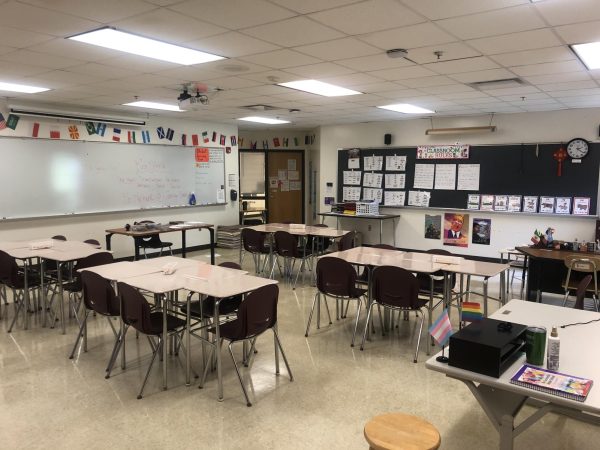
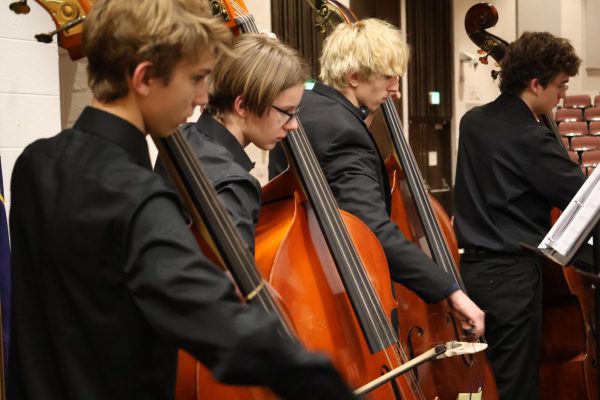
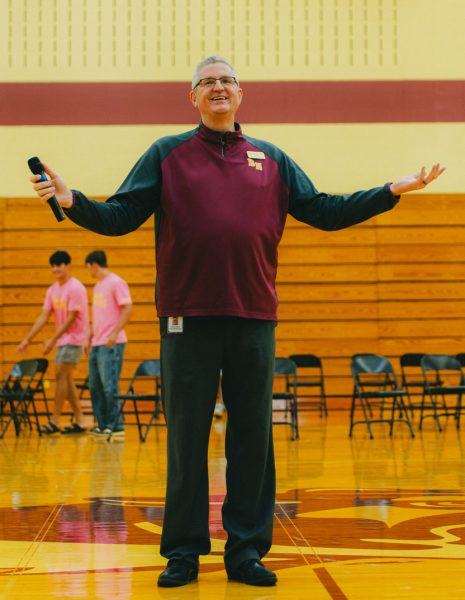
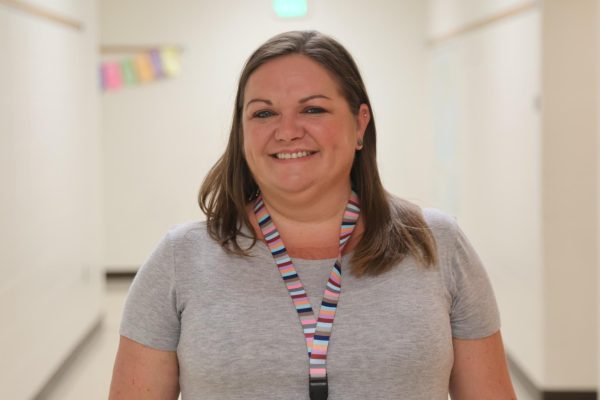
JD McMillian • Nov 8, 2016 at 8:50 am
I like the violence aspect. Particularly the dating part, it’s important to recognize that aspect. Great job